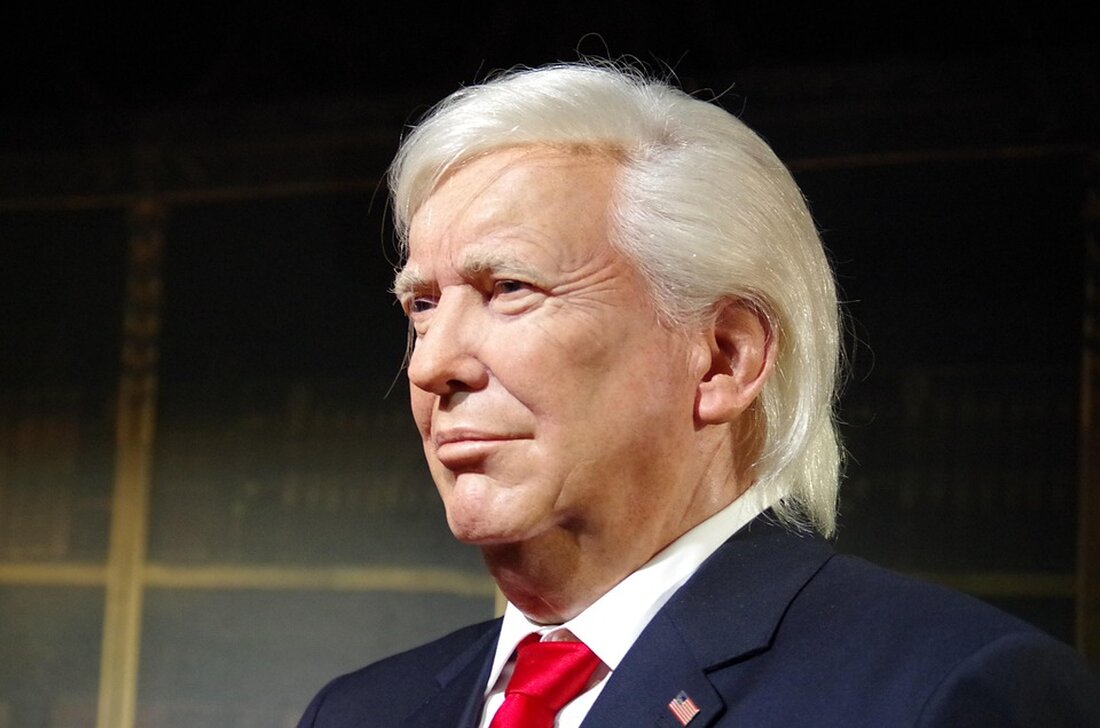Trump brings white South Africans as refugees: genocide or political show?
First group of South African refugees arrive in the USA, Trump criticizes discrimination and plans naturalization.

Trump brings white South Africans as refugees: genocide or political show?
A first group of white South Africans with refugee status have arrived in the USA. Around 50 people, including men, women and children, landed in Washington on a charter flight from Johannesburg and traveled from there to various states. The US government under President Donald Trump has promised to enable refugees to quickly become naturalized and speaks of a “genocide” against white farmers in South Africa. This has caused significant controversy both in the United States and internationally. President Trump criticized the media for its coverage of the issue and blamed the South African government for its indiscriminate portrayal of violence against white farmers in his country.
However, experts pointed out that Trump's claims are based on a far-right conspiracy theory. The reality in South Africa shows that violent crime affects all population groups and is not exclusively directed against white South Africans. Although Trump emphasizes that he doesn't care about the color of farmers' skin, he still makes the issue central to his argument.
Refugee reception and political backgrounds
The announcement that white South Africans will be given refugee status in the US comes amid a broader resettlement effort by the Trump administration. In February 2025, it announced through a regulation that citizens fleeing state-sponsored discrimination would be supported. This decision stands in contrast to the restrictive refugee policy of the USA towards other regions. Trump accuses the South African government of discriminating against white minorities, particularly Afrikaners, and criticizes the new expropriation law that allows land to be returned to historically disadvantaged groups.
This law, which allows expropriations in the public interest, is intended to compensate for historical injustices from the apartheid era and provides for compensation payments for affected landowners. Experts have pointed out that the law has not yet been implemented and claim that the idea that white South Africans face discrimination under the legislation is unfounded.
Reactions and international relations
The reaction to Trump's statements was mixed. While some support him, right-wing extremists frame his narrative, others, like Gareth Newham of the Institute of Security Studies, warn of the dangerous consequences of such rhetoric. These developments have also strained diplomatic relations between the United States and South Africa. The South African government rejected the US measure as politically motivated and spoke of a “campaign of disinformation and propaganda”. Chrispin Phiri, spokesman for the Ministry of International Relations, stressed the unfounded nature of the allegations.
Permits to enter the country as refugees typically take years, but white South Africans only had to wait a few months. The Trump administration plans to admit a total of about 1,000 Africans this year, with the refugees receiving emergency aid from the Federal Office of Refugee Settlement. This decision is not only controversial, but also a visible sign of the changing refugee policy in the USA.
The events in South Africa and the reactions of US policymakers show how complicated and multi-layered the issues of racism, the restoration of historical injustices and international refugee policy are. The development remains a hotly debated topic in both countries and beyond.
For more information, please visit oz-online.de or rollingstone.de.

 Suche
Suche
 Mein Konto
Mein Konto